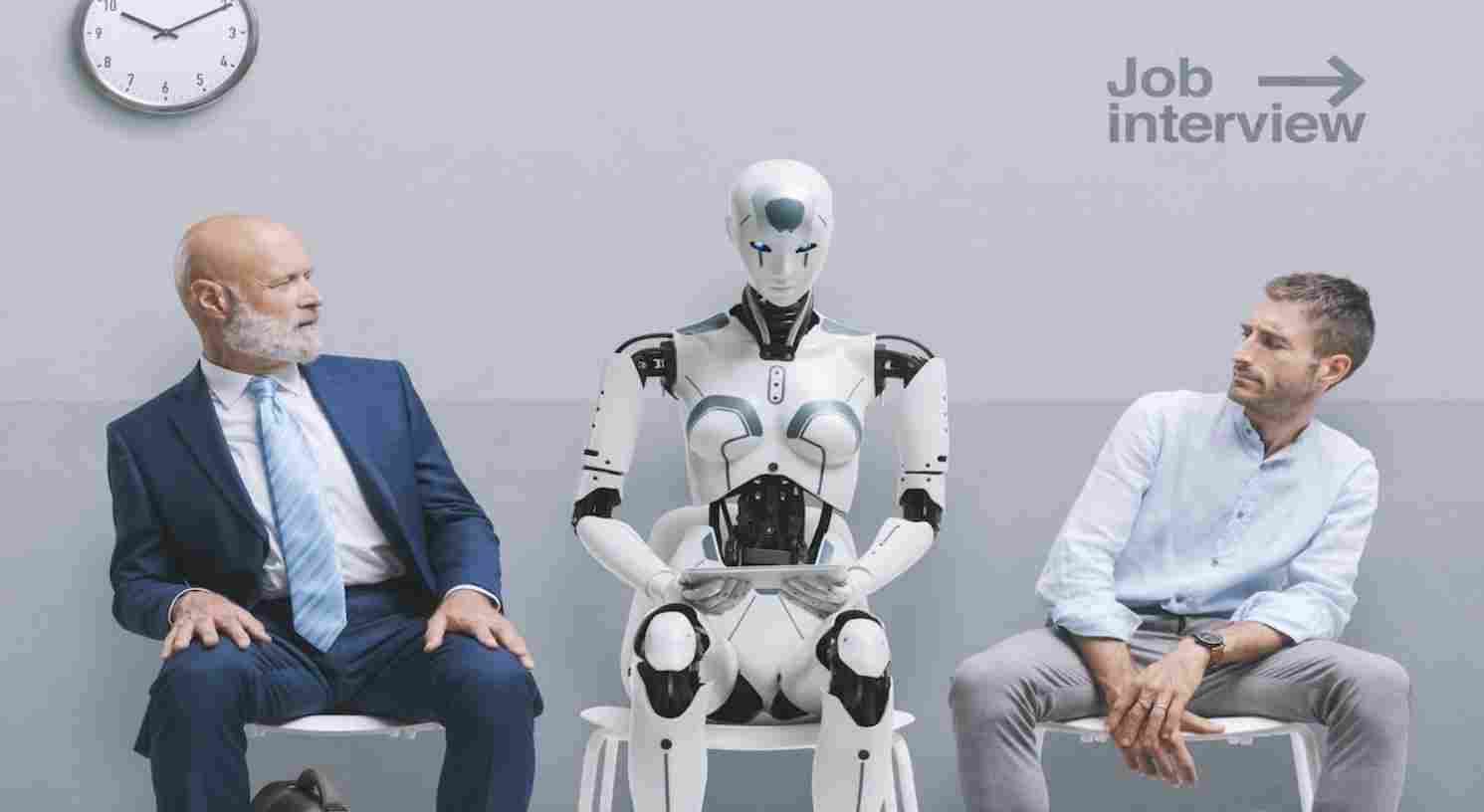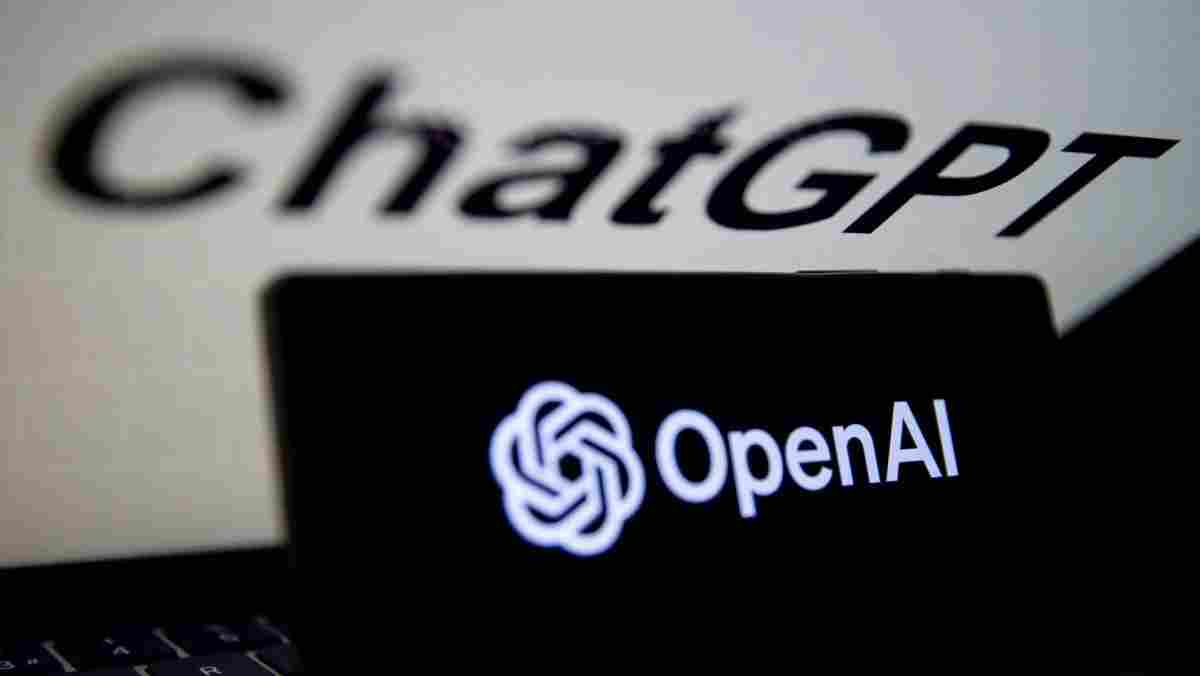
New York, United States (Enmaeya News) — As artificial intelligence continues its rapid evolution, some of the world’s most powerful and profitable tech companies are reducing staff in an effort to reshape their operations for a future increasingly driven by automation.
Microsoft and Meta are among the tech giants that have announced layoffs this year, despite strong financial results. The moves reflect growing efforts to align workforces with a shifting business landscape shaped by AI.
Microsoft CEO Satya Nadella addressed the company’s decision in a memo to employees last week, acknowledging the tension between financial success and job cuts.
“By every objective measure, Microsoft is thriving—our market performance, strategic positioning, and growth all point up and to the right,” Nadella wrote. “Yet, at the same time, we’ve undergone layoffs.”
Nadella described AI as a foundational shift in computing that is forcing companies to rethink their business models and products. He said adapting to the changes will require constant “learning and unlearning” to meet the evolving demands of customers.
“Our North Star is getting both the product and platform right for the AI wave,” he said.
AI’s Reach Grows Wider
The ongoing integration of AI tools into the workplace is fueling uncertainty among employees—particularly those working in knowledge-based roles. According to new research from Microsoft, those concerns may be well-founded.
In a recent study, Microsoft Research analyzed the impact of generative AI on various job categories and found that nearly 40% of Americans are already using the technology. The adoption rate is outpacing that of both the personal computer and the early internet.
The research team evaluated the extent to which AI can perform specific tasks within a job and assigned applicability scores. The findings showed that roles involving communication and information processing—such as sales, administrative support, and computer-related work—are most susceptible to AI automation.
Among the most affected roles are interpreters, translators, historians, travel support staff, writers, customer service representatives, and machine tool programmers.
Jobs involving manual or physical tasks, including nursing assistants, phlebotomists, hazmat removal workers, and embalmers, were found to be less vulnerable. However, researchers cautioned that advancements in robotics could eventually challenge even those occupations.
Uncertain Outlook for Workers
Microsoft’s researchers stopped short of predicting widespread job losses, noting the difficulty in forecasting the long-term impact of emerging technologies. Still, the analysis suggests that AI will likely result in job displacement in specific sectors, particularly those focused on language, communication, and customer interaction.
Industry leaders are urging workers to adapt. Nvidia CEO Jensen Huang said AI is set to change nearly every profession.
“Everybody is going to be augmented by AI,” Huang said. “Some jobs will become obsolete, but many others will be created. The one thing we know for sure is this: if you’re not using AI, you’ll lose your job to someone who is.”
Embracing the Shift
The message from the tech world is clear—AI isn’t just a trend; it’s a transformative force that’s already reshaping the economy. As companies pivot to harness its capabilities, workers will need to evolve alongside it or risk being left behind.








